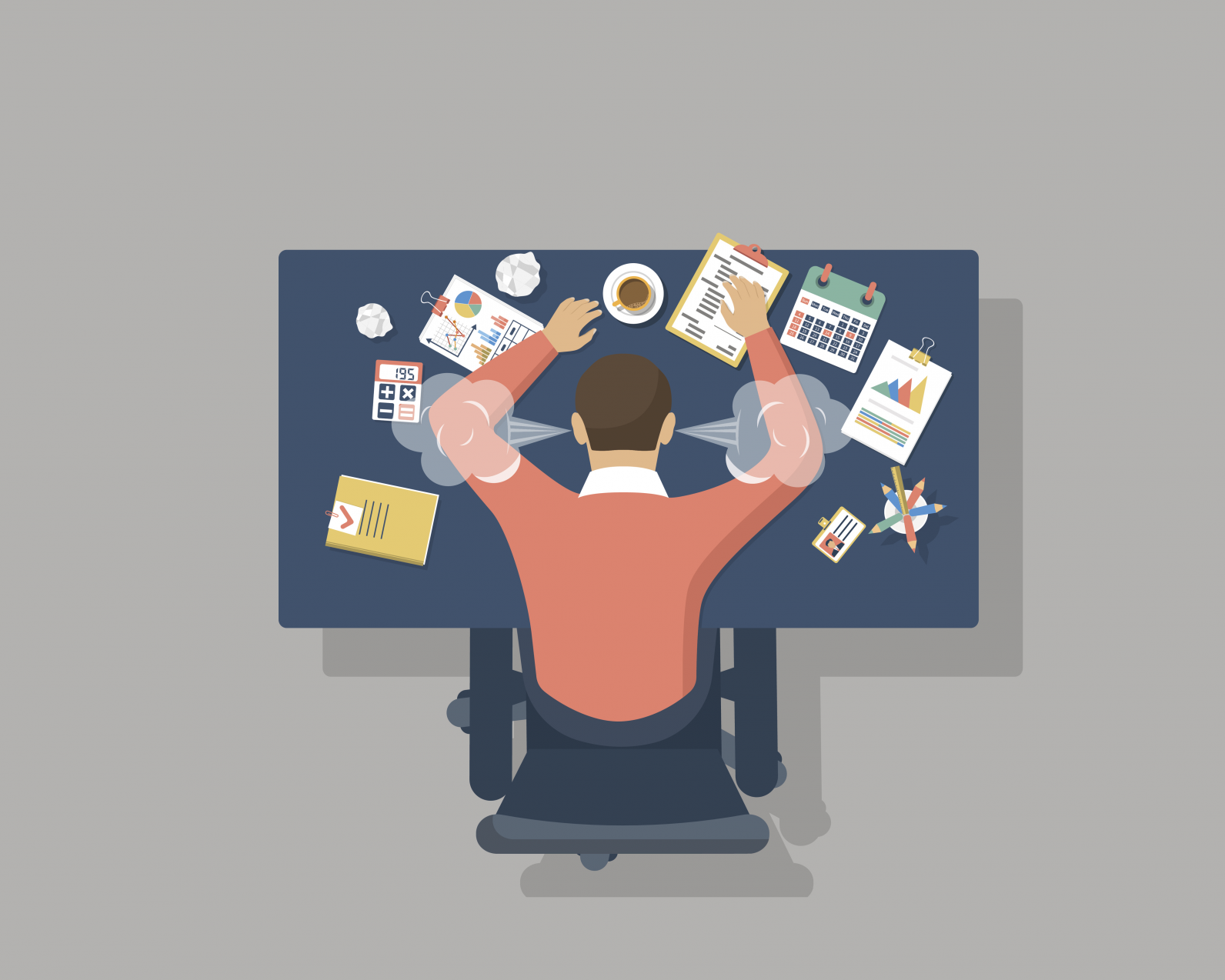As the world continues to advance, we are slowly getting more involved with our work in many ways with it taking up more time in our lives. Have you ever come home from work just feeling done for? As if you didn’t have the mental or emotionally energy left to deal with things? If the answer to this is yes, you might be suffering from a burnout.

According to HelpGuide, “Burnout is a state of emotional, physical, and mental exhaustion caused by excessive and prolonged stress.” When an employee is constantly bombarded with overwhelming demands that need to be met immediately, they become emotionally spent and stressed. This leads to them not having any kind of energy left for their work, personal, and social life. It became so common in the workplace that eventually, in May 2019, the World Health Organization (WHO) officially included burnout in the 11th Revision of the International Classification of Diseases as an occupational phenomenon.
The WHO does not classify burnout as a medical condition. Regardless of that, it should not be dismissed. Stress can have a direct contribution to the burnout and lead you to develop some physical or emotional symptoms. Physical symptoms of burnout include migraines and stomachaches. As for the emotional side, symptoms include loss of energy, distancing from people, negative outlook towards work and people, and lack of concentration.
There are varied factors that contribute to a work burnout. These are not only limited to work issues like paid leave and working house, but also extend to other issues such as livability and access to healthcare services. Other external factors include: excessive workload, lack of direction in work roles, and excessive time pressure. Time-pressuring deadlines, a staggering amount of workload, coupled with cluelessness about the exact tasks they should be doing, is a perfect recipe for a burnout.
Luckily, there are ways to prevent and treat a burnout. The simplest of them all is to engage in self-care practices, like fixing your diet, exercising more, and developing a good sleep schedule. Another thing you can do is to step away from your desk and eat lunch properly. Time away from your desk, albeit limited, can help refresh your minds and reduce stress levels. If you can, try to disconnect, too. Staying away from your phone on weekends and redirecting that attention to something work-related will keep you from worrying about work. Lastly, go to areas with green spaces, like parks for instance. This does two things for you. One, you stay away from pollution and breathe in fresh air. Two, green spaces reduce stress levels and improve one’s emotional state.
Overall, companies should do their part in keeping their employee’s healthy and happy. Employees suffering from a burnout are less happy and that could be a cause for a company’s downfall.